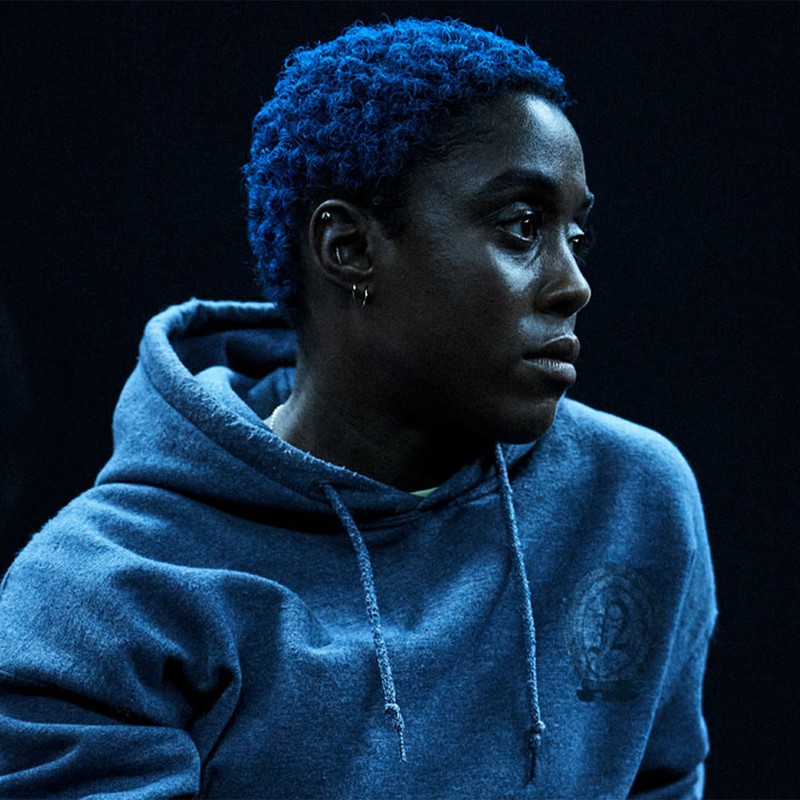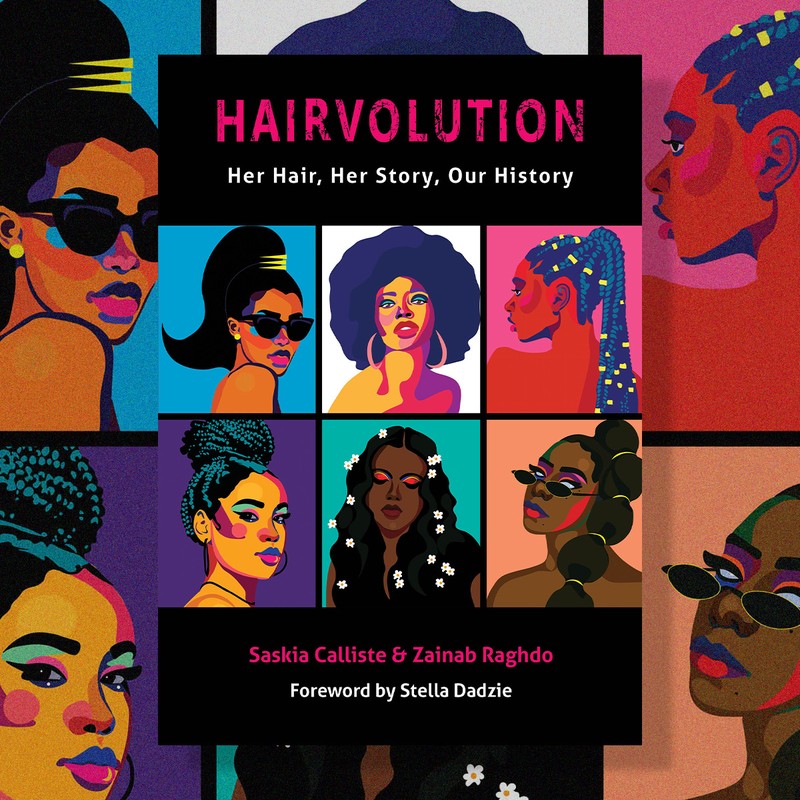Why Black History Month’s Never Been More Important
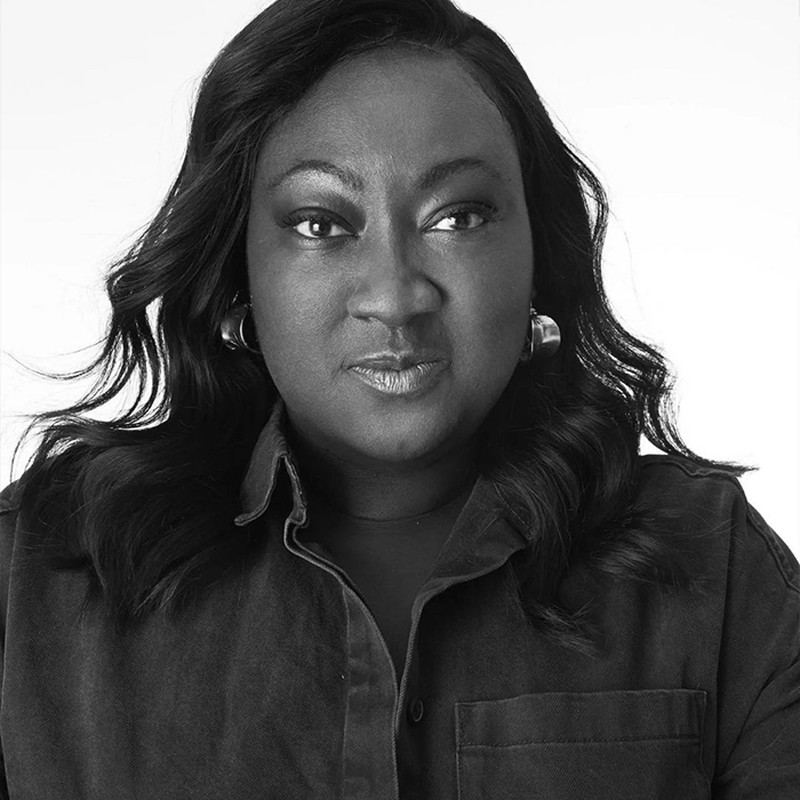
Phyll Opoku-Gyimah
Phyll Opoku-Gyimah is an LGBTQ+ equality activist who founded UK Black Pride in 2004. She is executive director of Kaleidoscope Trust, a charity that campaigns for the human rights of LGBTQ+ people in countries where they face discrimination, and has recently been made a LinkedIn Changemaker to help workplaces promote diversity and inclusion.
UK Black Pride was founded back in 2004. A busload of Black lesbians and I went down to Southend-on-Sea for the day – we just wanted to escape and create a space for ourselves. I remember feeling so, so welcome, so at home and thinking, ‘Something really important is happening right now.’ As queer Black people, we don’t often see ourselves represented in mainstream Pride celebrations or in many LGBTQ+ spaces. We also have very specific cultural experiences that we think are important to celebrate together. UK Black Pride is a space away from the ‘white gaze’ so we can be ourselves safely and celebrate who we are.
After the murder of George Floyd, we saw an immediate impact on LGBTQ+ events, particularly ours. In a way we haven’t seen before, people seemed more interested in understanding what was happening for Black people, not only in the UK and the US, but around the world. This year has been no different. We’re often asked about race, racism, violence and marginalisation, and people forget we’re actually human beings who want to love, laugh and celebrate who we are. Our mission is to create space in the world for Black LGBTQ+ people and people of colour to celebrate who we are.
The charity’s relevance and necessity has continually been reaffirmed, not only because of the socio-political climate in which we live, but because the communities we represent keep showing up, volunteering and shouting about how necessary it is. UK Black Pride has grown in really demonstrable ways: in 2005, we had 200 people at our event; in 2019, it was over 10,000. In 2020, 30,000 people tuned in for our digital celebration, and in 2021 that number jumped to over 70,000.
There’s often an assumption that homophobia within Black communities is more common or more intense. Actually, if we look around the UK or Europe, homophobia and transphobia are rampant and that’s driven by dominant cultures, not Black people themselves. Any stigma harboured among Black communities is the same as in any other community. And that stigma is driven and informed by societal homophobia and heterosexism. It’s really important that we resist narratives that say Black people are more homophobic. Some of the most affirming and accepting spaces are those with Black people in them. Yes, homophobia is a problem in Black communities, just as it is in the UK and among white people and people of colour, and it’s a problem that we can only address by understanding how homophobia operates and how it benefits those at the top.
I often feel Black History Month is decorative. Black people, for the most part, celebrate Black history all year. We grow up surrounded by Black art, culture and music. We read Black writers and thinkers, and we encourage and love on our Black siblings. However, events like these can be really powerful and useful in amplifying the work of different people: when we acknowledge the work of the past that makes our work possible in the present, and when we use this month to highlight the many ways Black people have helped shape societies, cultures and countries, then it’s key. For many non-Black people, Black History Month is the one time of the year they really pay attention, but we have to challenge that. We have to say: ‘It’s not enough.’ We, and those who came before us, deserve our praise, all year round.
There’s still a long way to go. Those of us within the LGBTQ+ community need to see an end to racism, for white people to understand the role they play in upholding racist structures and for Black lives to be valued. One of the most performative moments following the murder of George Floyd and the protests that arose afterwards was the day black squares took over Instagram. What does a black square really do? What action does it call for? What information does it give people about what to do? We don’t need a moment of silence, we need action.
Personally, I would like to see power shift. I would like to see white people stepping aside and making room for other voices. I would like to see Black women taken seriously, protected and fought for. I would like to see Black men who have sex with men have the appropriate healthcare. I would like to see the NHS take Black women’s mortality rates during pregnancy seriously. But I would also like people to understand that the vitriol faced by our trans community here in the UK, and around the world, is anti-Black – Black trans-queer activist Travis Alabanza expands on transphobia's origins in the enslavement of Black Africans in this podcast episode. It's so powerful. So, I want us all to have a better grasp of how our experiences overlap and intersect and to really understand that unless all of us are free, none of us are.
Each of us has something we can do in support of people who are continually marginalised within society. We can make more space for conversations and change-making in corporations. We can harness the power of social media to spread ideas, information and insights, like we see across LinkedIn with its #Changemakers campaign. And we can do the personal work of addressing our own biases, prejudices and ignorance. So much happens in the public sphere, but it’s the transformation we do behind closed doors when no one is watching that offers the clearest route to change. And that route won’t be effortless, but it’s one we can each go down to ensure we’re showing up in the world as the wonderful, thoughtful, empathetic humans we were born to be. I believe we have the power to change the world, otherwise I wouldn’t be doing this work. I just hope that other people realise they, too, have the power to change the world.
Follow @LadyPhyll
Brenda Juliet
Brenda Juliet is a music publicist who recently founded MYBLAQBOOK, a music PR agency that represents Black talent in the UK, the US and Africa. Brenda is also the founder of Girls in Power UK, a network that supports and empowers women working in creative industries.
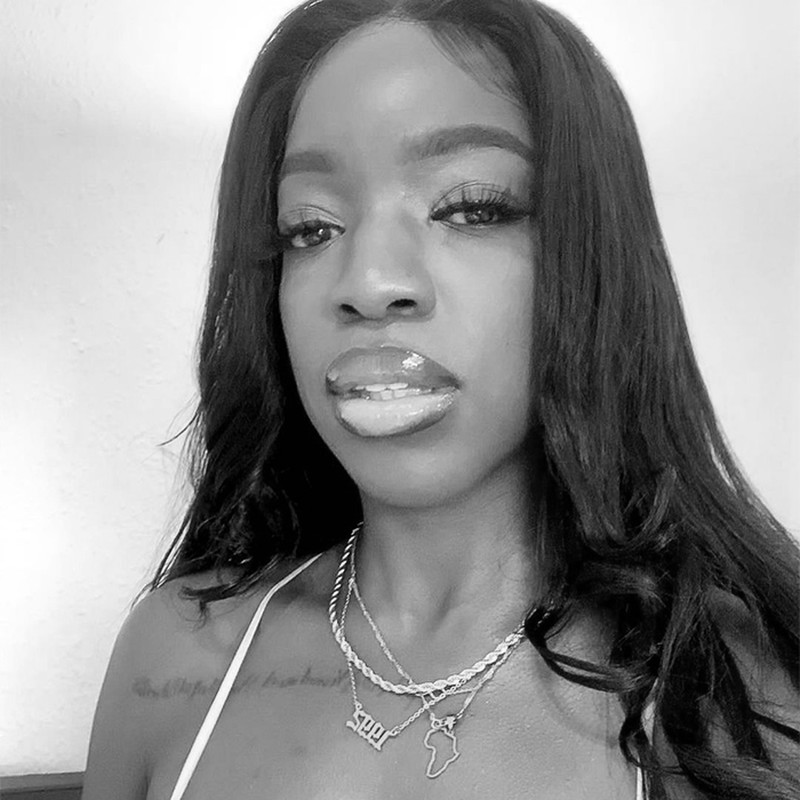
When it comes to Black History Month, I always feel a sense of pride in being Black, especially being a Black woman. The last year or so has been particularly exhausting both mentally and emotionally, but what I love most is that as a community, when we come together, Black people do love to support and champion one another. We know what we bring to the table, so for me it's a time dedicated to us to empower and inspire others.
As with most industries, Black women have to work harder in music. Over the years, I’ve heard the worst stories from Black artists, but some of the things you hear from Black women especially are shocking. There have been artists who have expressed unfair treatment and awful experiences as a result of colourism, such as singers being told that they should 'just be songwriters' and 'hand their songs over to a lighter counterpart'. It's scary to think Black women can't just exist and do what they love without feeling they are lesser than others.
For the first few years of my career, I did a lot of freelance and small project work before officially propelling myself into the music industry last year. My experience is completely different to those who have spent years developing themselves at labels and in music-focused roles, but I can see the overall struggles a few of my friends have experienced and it’s incredibly sad to hear how they’ve been discriminated against. I have only surpassed this by working at my own pace, doing things my way and later starting my company.
I set up MYBLAQBOOK a few months ago with my business partner and friend Giovanna Mae. Our agency aims to create something that would allow us to reflect our passion for the music industry while bringing unique flair to the cultural space. We currently work with the likes of Odeal, Prettyboy DO, Aluna, WSTRN, Blanco and more, and have worked on several campaigns we’re extremely proud of. Similarly, I created Girls In Power because I wanted to provide a space for women, particularly Black women, to grow and learn together, especially within the music scene. We’ve built an incredible community of people along the way.
If things are going to change, we need to see more unity. There needs to be more support for women in music at both emerging and established levels. I appreciate how fast-paced the music industry may be on a day-to-day basis, but if we're able to invest more mentorship time in the next generation of artists, while also providing safe spaces for those who face such challenges, the growth of support groups in music will naturally become the norm, which will help to break the current pattern.
What we need right now is less talk and more action. It's as simple as that. Last year, we saw a lot of companies posting the infamous 'black square', but it's more than solely showing performative support online. We need to see and hear more tangible changes across all industries. By now, we know that Black people have to work ten times harder than their white counterparts and, while things are slowly yet surely shifting, there's still so much more work to do. There's also still a lot of ignorance around the Black Lives Matter (BLM) movement, so it’s even more important for people to educate themselves – there are plenty of resources out there (so many books have come out in the last year alone), so now’s the time to learn and understand what this movement means to us.
Follow @BrendaJuliet_
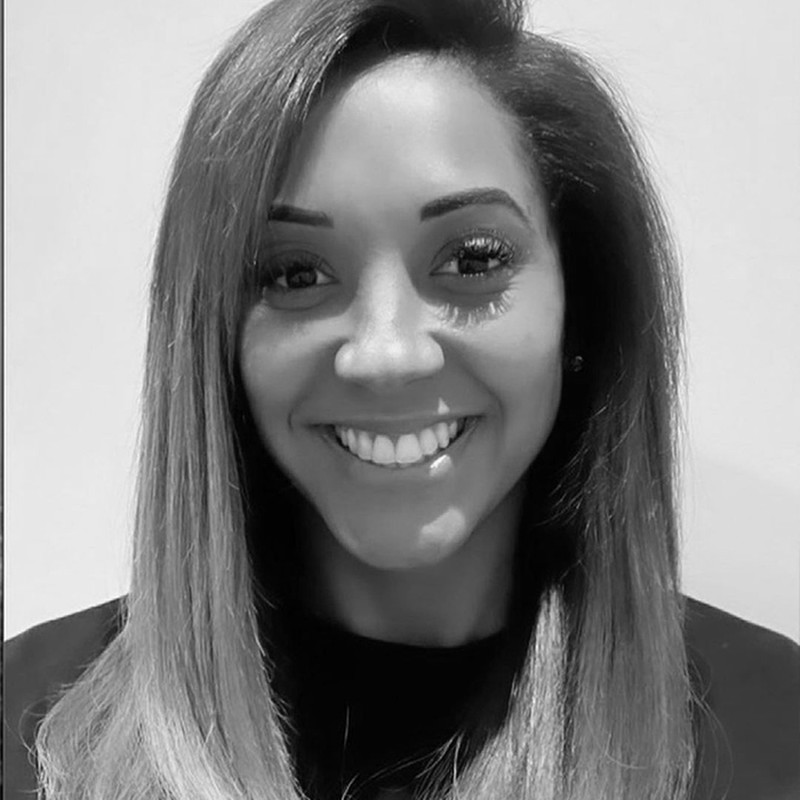
Dr Joanna Abeyie MBE
Entrepreneur Dr Joanna Abeyie is a diversity, equity and inclusion leader, and a former BBC journalist. Through her consultancy Blue Moon, she has placed more than 3,000 people from diverse backgrounds into work, and is now a trustee of The Lord Mayor’s Appeal.
I always feel positive about Black History Month and the opportunity it provides to celebrate the contributions Black people bring to society and communities around the world. We’re still not in a place where contributions of Black individuals are celebrated year-round, as opposed to just one month of the year, in an authentic and accurate way. And that doesn’t just go for Black people, that goes for all under-represented groups.
Following the BLM movement, conversations and the nature of discussion are changing this time around. Black History Month seems to be less about inspiring figures and historical oppression – now, I’m hearing more about the difficult and uncomfortable conversations surrounding ethnicity and race, including anti-racism, ally-ship, fragility and privilege. There is a focus on achievement, growth and progression now and the importance of celebrating Black History 365 days a year, and that’s refreshing.
I decided to create my own diversity, equity and inclusion consultancy. I was a student and pursuing my own career when I realised there was such a low representation of people from a broad range of backgrounds (not just in ethnicity but in class, sexual orientation, disability and so on), where the industry felt very middle class. I had an issue with that, not because I’m anti-middle class, but because I didn’t think the only good talent was from such a small pool of people. I started to level the playing field by providing under-represented people with the equity they needed to be able to compete with other talent.
We need to acknowledge there’s a privilege that white people – and in my case mixed-raced people – have that Black people do not, which is evident during recruitment processes, due to historical events and the result of consistent single stories, bias and stereotypes. The latter include assumptions; micro-aggressions; the fact that a large number of Black people are told they will have to work ten times harder than their white peers; and that during an interview they may feel they have to work harder to be accepted or fit in. Others might feel the need to remove their surname from application forms, as though they do not have the same agency as their white peers, or feel self-conscious that they might have a different educational background from the interviewer.
To me, true diversity in the workplace means finally seeing and feeling the effects of dismantled systems and practices that keep inequity active. When all people are the priority and talent is visible, irrespective of background, then we’ve made huge progress. To get there, we need more effective practice. For a start, I’d like to see organisations using the Creative Majority report from the Creative Diversity all-party parliamentary group for recommendations, as a guide to consider their approach to inclusive working environments and attracting a broad range of talent. I hope organisations review and measure the effectiveness of the actions they took following the increased profile of BLM to ensure their interventions and attempts at levelling the playing field have worked.
Follow @Joanna_Abeyie
Feeling inspired? We’ve rounded up six things you can do, watch and listen to in order to support Black History Month this year…
THE PODCAST: About Race With Reni Eddo-Lodge
Based on Reni Eddo-Lodge’s powerful book about institutionalised racism, Why I'm No Longer Talking to White People About Race, this podcast is well worth diving back into. Drawing on several chapters from the book, Reni and guests take the conversation one step further, including a discussion on the rise of the far right in Britain to what ‘political Blackness’ means to different generations. Filmed over the last four years, expect to hear from MP Dianne Abbott; comedian Nish Kumar; and actor, rapper and activist Riz Ahmed.
Visit Apple.com
THE BOOK: Loud Black Girls
If you missed the initial release of this book a few months ago, add it to your Black History Month reading list. Edited by Yomi Adegoke and Elizabeth Uviebinené, and with a foreword from Bernardine Evaristo, Loud Black Girls is an anthology of Black British writing, featuring authors, journalists, actors, activists and artists who explore what it means to exist as Black women in the UK right now. From asking how daughters can be taught to own their voices, to how Black women can reclaim their culinary heritage, 20 women discuss different topics that are important to them.
Visit Waterstones.com
THE EXHIBITION: James Barnor: Accra/London – A Retrospective
The Serpentine is exhibiting a major collection of work by British-Ghanaian photographer James Barnor until Sunday 24th October. Barnor’s career, which spans well over half a century, includes portraits, editorial commissions and images that reflect the experiences of Black people in the UK and Ghana from the early 50s onwards. From 60s fashion shots to portraits of some of the first mixed-race families in the UK, this exhibition is not one to be missed. Tickets are free.
Kensington Gardens, Kensington, W2 3XA
Visit SerpentineGalleries.org
THE FILM: Ear For Eye
The BFI is screening a series of films written by and starring Black creatives to celebrate Black History Month. Our pick from the list? Ear For Eye starring Lashana Lynch (No Time To Die) which is available to watch at the BFI Southbank on Saturday 16th October at 8.40pm. Director and playwright Debbie Tucker has adapted her play, originally shown at Royal Court Theatre back in 2018, for the big screen. The powerful film tells the story of a group of British and American Black characters from different generations navigating their way through today's society. Each has a different perspective on the state of the world, but they all have one thing in common – experiences of racial injustice.
Belvedere Road, South Bank, SE1 8XT
Visit BFI.org.uk
THE TALK: Hairvolution: Her Hair Story, Our History
On Tuesday 19th October at 7pm, Saskia Calliste and Zainab Raghdo authors of Hairvolution, are hosting a talk on all things hair at Tate Streatham Library. With an overview on the politics and history of black hair, Saskia and Zainab will discuss changing attitudes towards ethnic hair and how Black hairstyles have played a part in the fight for social justice and the promotion of Black culture. A must for beauty junkies, tickets are free.
63 Streatham High Road, Streatham, SW16 1PN
Visit Eventbrite.com
/https%3A%2F%2Fsheerluxe.com%2Fsites%2Fsheerluxe%2Ffiles%2Farticles%2F2021%2F10%2Fplay-god_0.jpg?itok=u5SF0G2s)
THE PLAY: Is God Is
If you haven’t had a chance to see Aleshea Harris’s award-winning play, now’s the time to do so. Running at Royal Court Theatre in Chelsea until Saturday 23rd October, Is God Is spans several genres, including Greek tragedy, spaghetti western, hip-hop and Afropunk. When a letter arrives from the mother they thought was dead, 21-year-old twins Racine and Anaia travel from America’s South to California to avenge their past and take down anyone who stands in their way. As with every production at Royal Court Theatre, on Mondays every seat in the theatre is £12, otherwise tickets start from £14.
Sloane Square, Chelsea, SW1W 8AS
Visit RoyalCourtTheatre.com
DISCLAIMER: We endeavour to always credit the correct original source of every image we use. If you think a credit may be incorrect, please contact us at info@sheerluxe.com.
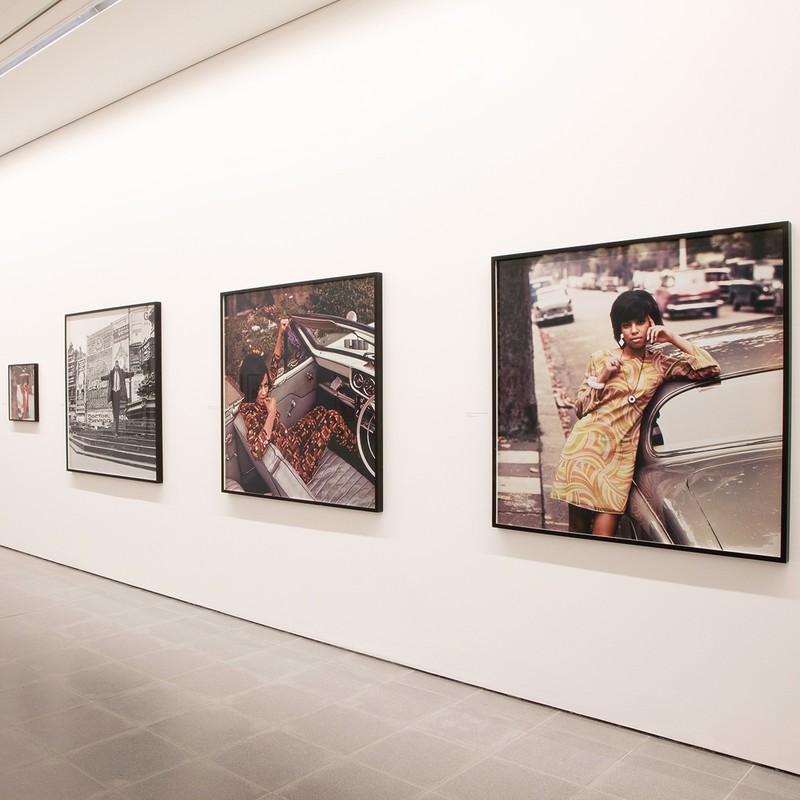
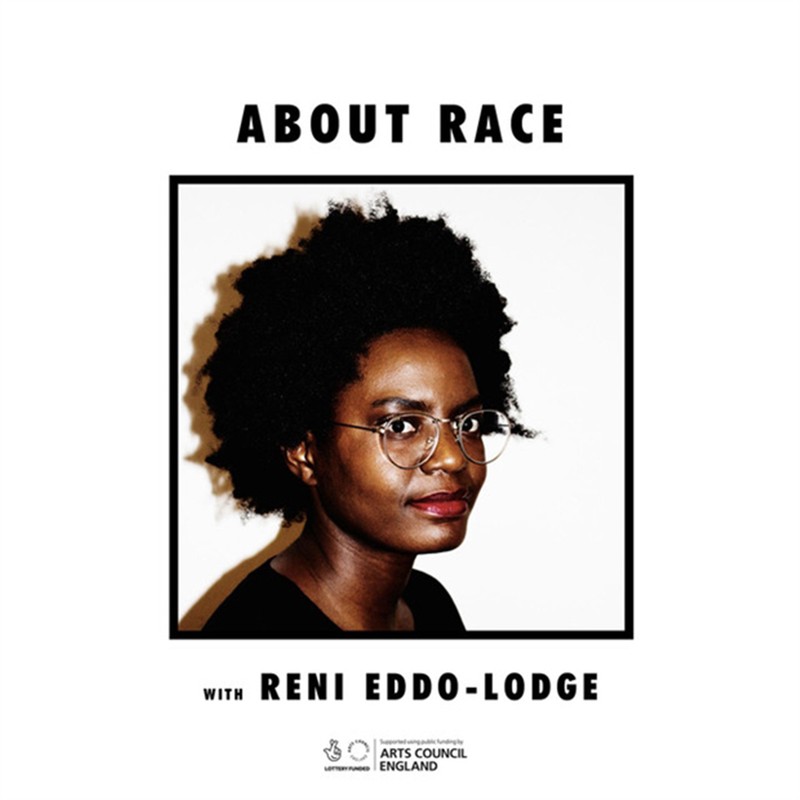
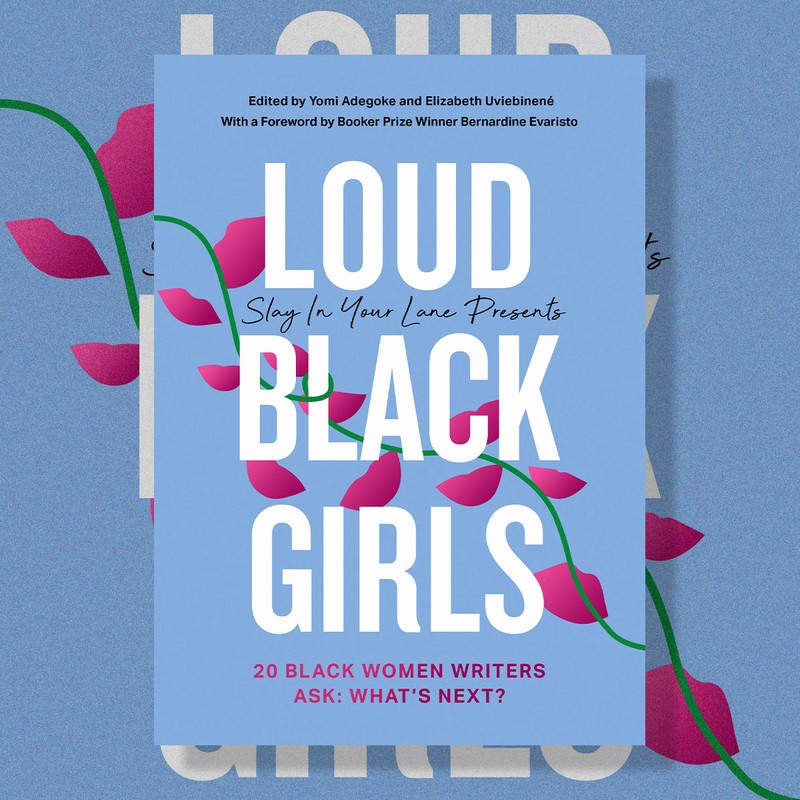
/https%3A%2F%2Fsheerluxe.com%2Fsites%2Fsheerluxe%2Ffiles%2Farticles%2F2021%2F10%2Fexhibition-james-barnor_0.jpg?itok=5E_zUn72)
